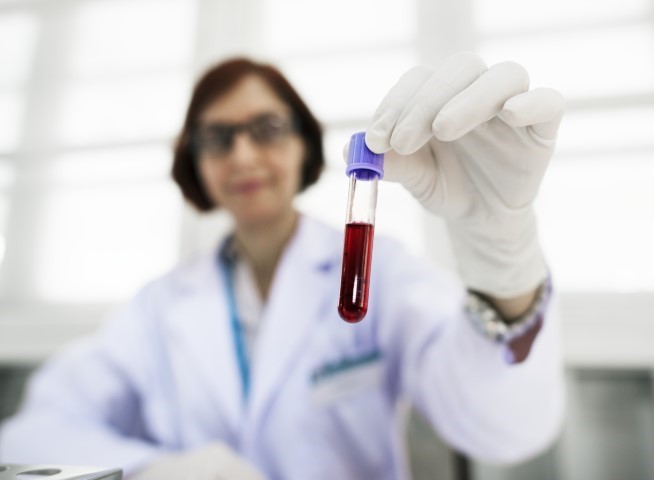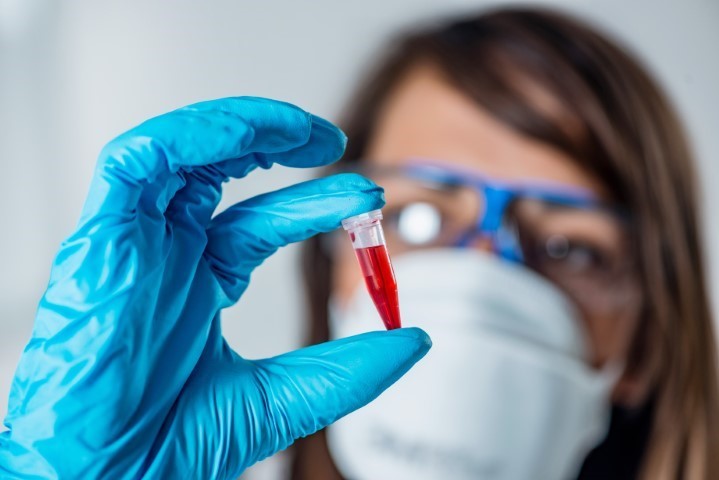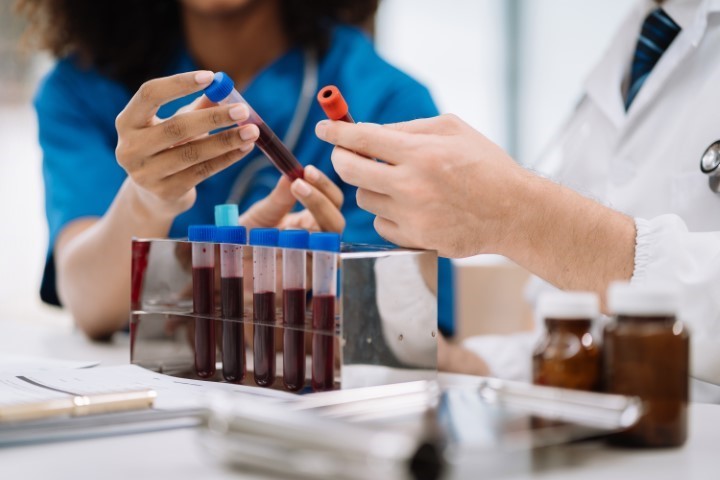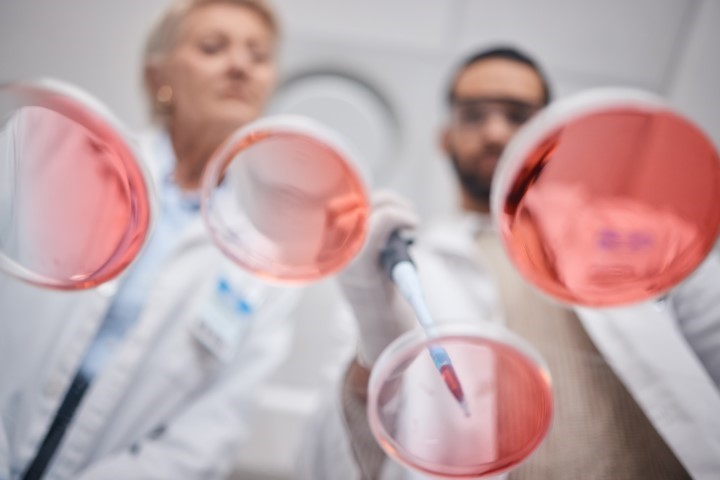Bio-degradable cards
Every card imaginable!
|
Bio-degradable cards Every card imaginable! Blood Thinners Explained: The Essential Guide for Individuals on Anticoagulant Medication
What Are Blood Thinners?Blood thinners, also called anticoagulants, are medicines that help prevent blood clots from forming or getting bigger. Blood clots can block blood flow to important organs like the heart or brain. If that happens, it can lead to serious problems such as strokes or heart attacks. The name “blood thinner” can be a bit misleading. These medicines don’t actually make your blood thinner or watery. Instead, they work by slowing down the blood’s natural clotting process. They target certain proteins and cells that normally help your blood clot, keeping your blood flowing more freely through your veins and arteries. Blood thinners are especially important for people at higher risk of clot-related conditions, such as those with atrial fibrillation, deep vein thrombosis, or certain heart valve problems. They reduce the chance of dangerous blockages forming, but they also come with a trade-off. Because your blood takes longer to clot, there is a higher risk of bleeding. Even small cuts or bruises may take longer to stop bleeding, and more serious bleeding can occur internally. Because of this balance between preventing clots and avoiding too much bleeding, people taking blood thinners need careful monitoring. Regular check-ups, blood tests, and following your healthcare provider’s instructions are key to staying safe while on these medications. Understanding how blood thinners work and why they matter helps you manage your health more confidently. 
Who Needs Blood Thinners?Blood thinners are usually prescribed for people who have a higher risk of developing dangerous blood clots. These clots can block blood flow and lead to serious health problems, so taking anticoagulants can be a crucial step in preventing them. Some common situations where blood thinners may be needed include:
Blood thinners may also be used in other situations your doctor considers high risk, such as certain types of cancer, prolonged bed rest, or genetic conditions that affect clotting. Doctors make the decision to prescribe blood thinners based on your individual risk factors, your overall health, and the potential benefits versus the risks of bleeding. It’s important to follow their guidance closely, because while blood thinners protect against clots, they also require careful management to stay safe. 
Types of Blood ThinnersBlood thinners are generally divided into two main groups: anticoagulants and antiplatelet drugs. While both reduce the risk of dangerous clots, they work in different ways and are used for different conditions.
AnticoagulantsAnticoagulants, sometimes called “true” blood thinners, interfere with the body’s clotting process. They target specific proteins in the blood that are needed for clots to form. By slowing this process, anticoagulants help prevent clots from forming in the first place or stop existing clots from getting bigger.Common anticoagulants include:
Doctors choose a specific anticoagulant based on your medical history, lifestyle, and other medications you may be taking. Each comes with its own rules for dosing and monitoring, so following instructions closely is important.
Antiplatelet DrugsAntiplatelet drugs work differently from anticoagulants. Instead of targeting the clotting proteins, they prevent platelets — tiny cells in your blood — from sticking together and forming a clot. These medications are often used to prevent clots in arteries, which can help reduce the risk of heart attacks and strokes.Common antiplatelet drugs include:
Sometimes, doctors prescribe both an anticoagulant and an antiplatelet for people with very high clotting risks, but this increases the risk of bleeding and needs careful monitoring. Understanding the differences between these two types of blood thinners helps you see why your doctor recommends a specific medication and how it fits into your overall treatment plan. 
Blood Thinners: What You Need to Know About the RisksBlood thinners play an important role in preventing dangerous clots, but they are not without risks. The main concern for anyone taking these medications is an increased risk of bleeding. Because your blood takes longer to clot, even small injuries can bleed more than usual, and more serious bleeding can occur internally. Being aware of these risks and knowing how to manage them is essential for staying safe.
The Balancing Act with Blood ThinnersBlood thinners save lives, but they require careful attention. They reduce the risk of clots, which can prevent strokes, heart attacks, or pulmonary embolisms. At the same time, they make bleeding more likely. This could show up as:
It’s important to understand that the goal isn’t to stop bleeding completely or to eliminate all risk — it’s about finding the right balance between preventing dangerous clots and keeping bleeding under control.
Staying Safe on Blood ThinnersThere are practical steps you can take to manage the risks:
Open communication with your doctor and careful attention to changes in your health are key. With proper monitoring and care, you can significantly reduce the risks while still protecting yourself from dangerous blood clots.
© 2024 The Card Project Uk Ltd
VAT: 453 2087 06
|